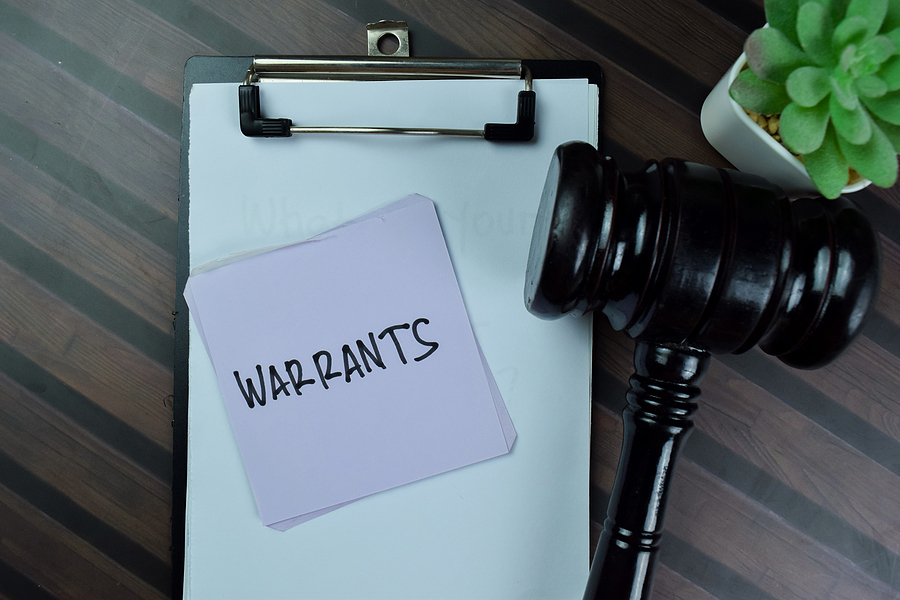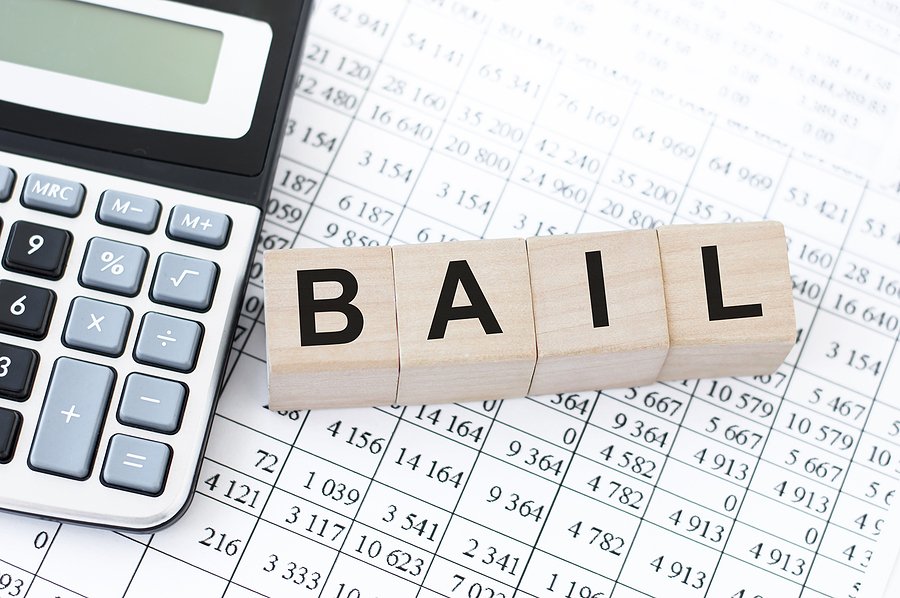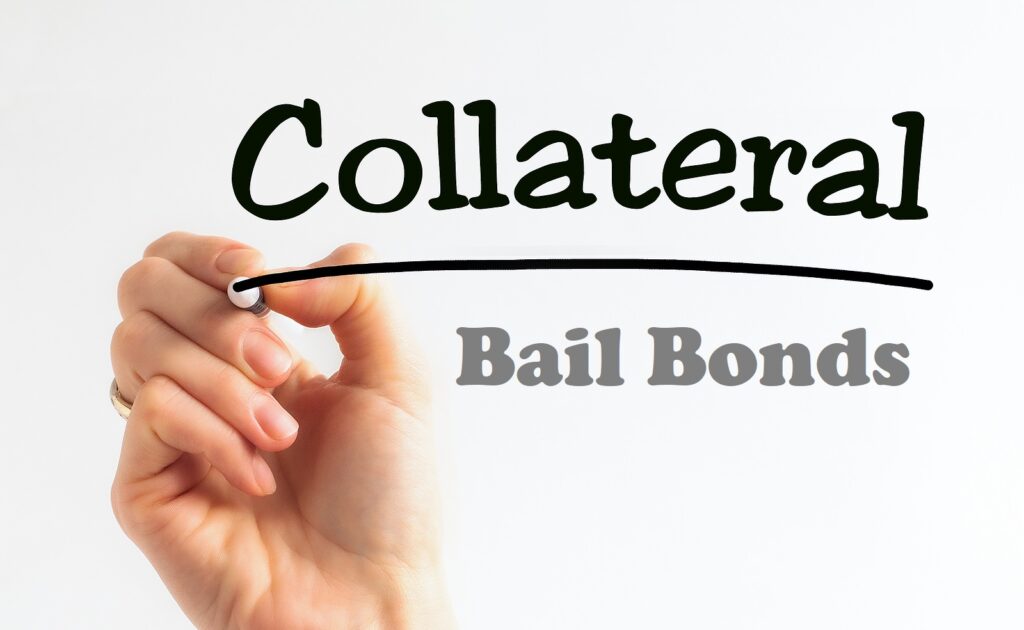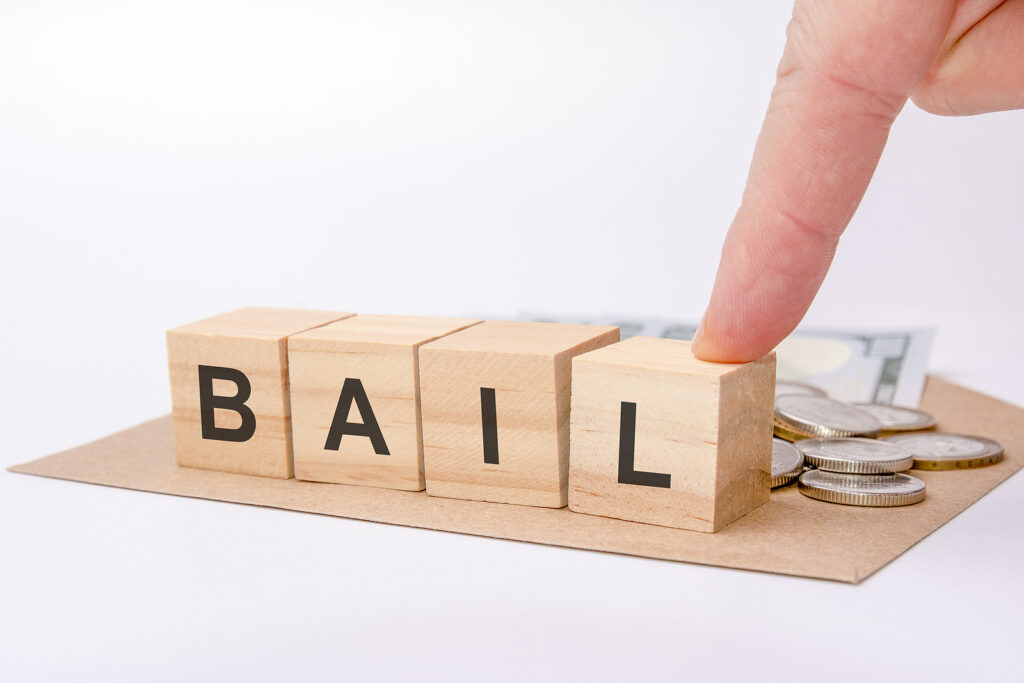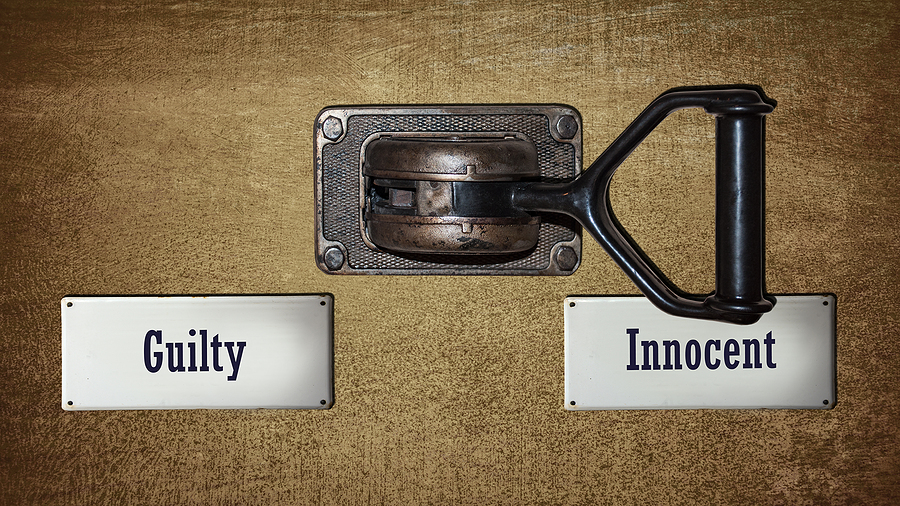Facing an arrest warrant can be a daunting experience. Whether it’s due to an overlooked court date or unresolved legal matters, the prospect of surrendering may feel overwhelming. However, taking proactive steps to address this issue is crucial. In this guide, we’ll explore how hiring a bail bondsman can help you effectively surrender to an arrest warrant, ensuring a smoother and less stressful process.
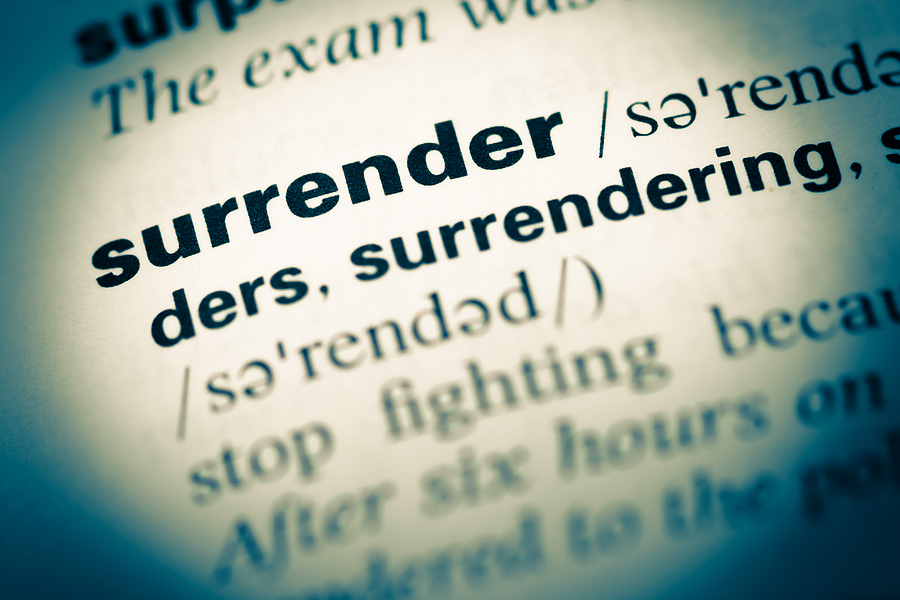
What is an Arrest Warrant?
An arrest warrant is a legal document issued by a judge or magistrate authorizing law enforcement to detain an individual. This typically occurs when there is probable cause to believe that a person has committed a crime. Arrest warrants can result from various situations, such as unpaid fines, missed court appearances, or criminal charges. Understanding the nature of an arrest warrant is the first step toward resolving it responsibly.
The stress of having an outstanding warrant can be overwhelming, but knowing how to handle the situation can make all the difference. One effective way to address this issue is by hiring a bail bondsman. Bail bond agents are licensed professionals who can assist in the warrant surrender process, ensuring that your rights are protected and the legal procedure is followed correctly. They can provide guidance, financial assistance, and support, helping you resolve your warrant efficiently.
What to Do When You Have an Outstanding Warrant
Discovering that you have an outstanding arrest warrant can be unsettling, but taking immediate action is essential. First and foremost, consult legal counsel to understand the implications of the warrant and your rights. An attorney’s advice will help you make informed decisions about how to proceed with surrendering to authorities. They can explain the legal process, potential consequences, and options available to you.
Acting promptly is crucial when dealing with an outstanding warrant. Avoiding the issue will only exacerbate the situation and could lead to unexpected arrests at inconvenient times. Once you have received legal advice, contact a bail bond company near the jail to discuss your options for surrendering. It’s important to handle the warrant responsibly to prevent further complications and ensure a smoother resolution.
Taking responsibility for an outstanding arrest warrant demonstrates your willingness to resolve the issue. Addressing the warrant head-on, with the help of professionals like attorneys and bail bondsmen, shows the court that you are taking the matter seriously. By actively engaging in the process, you increase your chances of a favorable outcome and minimize potential legal repercussions.
Understanding the Role of a Bail Bond Company in Surrender
When it comes to surrendering to an arrest warrant, a bail bond company can play a pivotal role in simplifying the process. Bail bondsmen are experienced in navigating the complexities of warrant surrender, making them valuable allies in your legal journey. They can provide clarity and guidance, ensuring that you understand each step of the process and what to expect.
One of the primary ways a bail bond agent assists is by facilitating the bail bond process. When you surrender yourself with an outstanding warrant, a bail hearing is typically held to determine the bail amount. If you cannot afford to pay the full bail upfront, a bail bondsman can provide the necessary funds. In exchange for a fee, usually a percentage of the bail amount, the bondsman will post the bail on your behalf, allowing you to be released from custody pending your court date.
The bail bond process for warrant surrender involves several key steps. Once you contact a bail bond company, they will gather information about your warrant, charges, and bail amount. The bondsman will explain the terms and conditions of the bail bond agreement, including any collateral requirements. Once the agreement is signed, the bail bondsman will post the bail with the court, securing your release from custody.
Benefits of Hiring a Bail Bondsman
Hiring a bail bondsman offers numerous benefits, particularly when dealing with an outstanding warrant. One of the primary advantages is the financial relief they provide. Bail amounts can be substantial, and not everyone has the means to pay them in full. Bail bondsmen offer flexible payment plans, allowing you to secure your release without the burden of depleting your savings.
In addition to financial benefits, hiring a bail bondsman can expedite the warrant resolution process. Bail bondsmen are well-versed in the legal system, enabling them to act swiftly and efficiently. They understand the urgency of your situation and work diligently to facilitate your release from custody as quickly as possible. This expeditious approach reduces the stress and uncertainty associated with warrant surrender.
Navigating the legal system can be complex, especially if you’re unfamiliar with the processes involved. Bail bondsmen provide professional guidance and support throughout the warrant surrender process. They can answer your questions, explain legal terminology, and offer reassurance during what can be a challenging time. Having experienced professionals by your side ensures that you make informed decisions and comply with all legal requirements.
How to Choose the Right Bail Bond Agency
Selecting the right bail bond agency is crucial to ensure a smooth and reliable warrant surrender process. Start by considering the agency’s experience and reputation. Look for a company with a proven track record of successfully assisting individuals with warrant surrenders. Online reviews, testimonials, and referrals from legal professionals can provide valuable insights into the agency’s reliability and professionalism.
Working with a licensed and reputable bail bond service is essential for your peace of mind. Licensing ensures that the agency operates legally and adheres to industry standards. A trustworthy agency will have no hesitation in providing proof of their licensing and credentials. Verify that the agency is authorized to operate in your jurisdiction to avoid potential complications.
Availability is another crucial factor when choosing a bail bond agency. Outstanding warrants can be time-sensitive, so it’s vital to work with an agency that offers 24/7 availability. This ensures that you can reach them whenever you need assistance, whether it’s during business hours or in the middle of the night. Prompt and responsive service can make a significant difference in resolving your warrant efficiently.
Conclusion
Surrendering to an arrest warrant can be a daunting endeavor, but it is not one you have to face alone. By understanding the role of a bail bondsman and acting promptly, you can take control of your situation. Hiring a bail bondsman provides essential financial support, expedited release, and expert guidance throughout the process.
For individuals with outstanding warrants, seeking professional assistance is a proactive step toward legal resolution. By addressing the warrant responsibly and enlisting the help of a trusted bail bondsman, you can mitigate potential consequences and work towards a positive outcome. Take charge of your situation today and explore the options available to you.
If you find yourself with an outstanding warrant, don’t delay. Contact Woods Bail Bonds at 317-876-9600 for fast and secure bail bond service in Indianapolis and its surrounding counties. We’re here to help you through every step of the process and ensure you understand all the conditions of your bail. We also offer pre-arranged bail for arrest warrants.
Related Posts:
Tips to Navigate Arrest Warrants in Indiana: A Must-Read for Hoosiers
Advice for Navigating Jail Time After Turning Yourself In
Frequently Asked Questions About Bench Warrants


